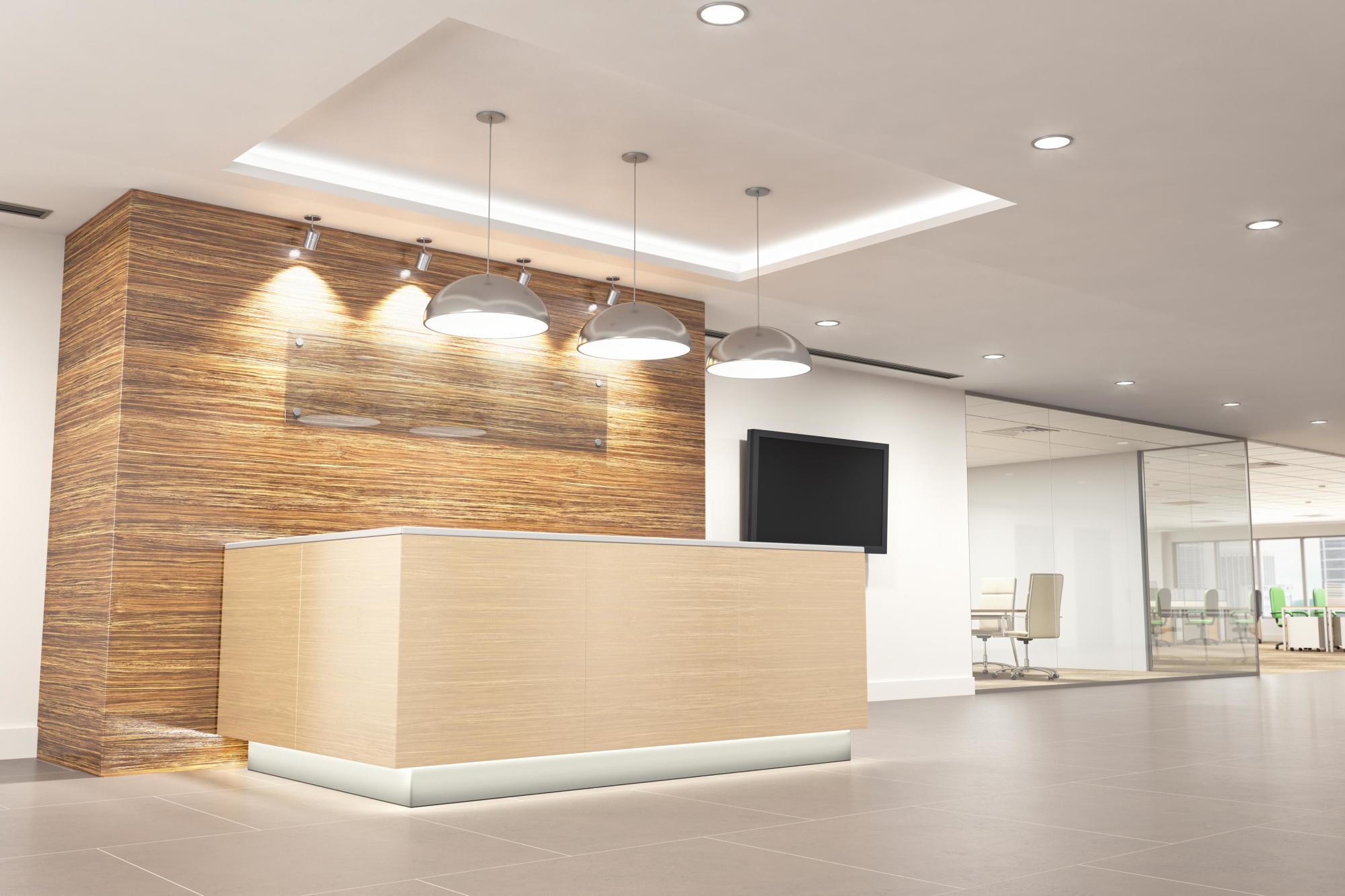Natural Light – Importance in the Workplace
A recent survey by Future Workplace concludes that natural light makes a considerable difference to employee wellbeing. The opinion of many that participated in...
Read Full Article
The Society of Light and Lighting has published its first guidance document designed specifically to address the key lighting tasks required of facilities managers.
According to the Society of Light and Lighting (SLL), a building’s lighting is absolutely critical to providing a safe and productive working environment and much of the management required to procure, maintain and optimise lighting systems falls to facilities managers.
The SLL Lighting Guide (LG) 20 sets out a logical approach for non-specialists to identify and undertake the tasks required in order to “provide the right amount of light in the right place for the right amount of time.”
Lighting is a central part of building design and is also a big wellbeing consideration for employees. Alongside being warm, comfortable, and having access to properly ventilated rooms, access to adequate lighting is essential for any workspace.
"As the construction industry aligns with the increasing drive to net zero carbon by 2050, one of the methods being considered to reduce embedded carbon within a buildings’ fabric is to refurbish existing buildings where possible, rather than demolish and re-build."
Sophie Parry FSLL, Vice-Chair of the SLL Technical and Publications committee
The guidance states that there are three critical aspects to meeting this objective. First is the quality of light: lighting levels, uniformity; unified glare rating (UGR) and colour rendering. Second is the quantity of light: watts and lumens, colour temperature and fidelity; useful life expectancy of LED light sources. Third is timing: lighting controls.
LG20 includes guidance on energy consumption and assessing the maintainability of existing lighting installations. This information is often required in relation to service level agreement, or can create a compelling argument for upgrading lighting systems, in terms of investment in energy savings, reduced carbon footprint and increased reliability.
The guide includes three case studies, providing practical examples and context. These look at lighting for a data centre; upgrading emergency lighting in a six-storey building; and the circular economy and repurposing luminaires. There is a growing interest and need for a circular economy approach, meaning that future lighting installations may be made up of refurbished or even leased products.
Written by Sophie Parry FSLL, Vice-Chair of the SLL Technical and Publications committee in conjunction with the CIBSE Facilities Management (FM) group, LG20 is designed to be supportive of facilities managers with knowledge of electrical services, but whose work may occasionally involve lighting or related decision making.
Regarding the aims of this guide and in developing communication between related disciplines, Parry commented; "As the construction industry aligns with the increasing drive to net zero carbon by 2050, one of the methods being considered to reduce embedded carbon within a buildings’ fabric is to refurbish existing buildings where possible, rather than demolish and re-build.
“The refurbishment scope and complexity will vary on a project-by-project basis, but in many instances will require local knowledge and input from the incumbent facilities manager. It is therefore imperative that facilities managers have the correct knowledge level/access to knowledge of many construction disciplines to add value to such projects."
Picture: a photograph of a reception office area, with a front desk and several ceiling-mounted lamps
Article written by Ella Tansley | Published 27 January 2021
A recent survey by Future Workplace concludes that natural light makes a considerable difference to employee wellbeing. The opinion of many that participated in...
Read Full ArticleThe Chartered Institute of Building Services Engineers (CIBSE) has announced the launch of its refreshed brand identity, marking a significant moment in its 129-year...
Read Full ArticleAs the workplace continues to evolve with new norms and expectations, the question remains: will Gen Z adjust, or be the ones reshaping it? Paul Sherwin from office...
Read Full ArticleThe Domestic Building Services Panel has now formally migrated into CIBSE, becoming the CIBSE Domestic Building Services Panel. The Domestic Building Services Panel...
Read Full ArticleDavid Stevens, Director of Estates & Capital Development at East London NHS Foundation Trust, has been named a UK Construction Week Icon for 2025. Announced at the...
Read Full ArticleGlobal travel brand Skyscanner has a new Edinburgh hub in the heart of Quartermile. The new office spans two floors and 25,000 sq ft of space, and has been completely...
Read Full ArticleThe Chartered Institution of Building Services Engineers now has a dedicated vertical transportation society, to connect individuals and organisations working...
Read Full ArticleMute's new headquarters in Poland is Europe's first office built entirely using a modular system. The project showcases how modular office systems can reduce...
Read Full ArticleThe Chartered Institution of Building Services Engineers has launched its latest weather data set to assist building services professionals in adapting their...
Read Full ArticleThe Chartered Institution of Building Services Engineers has officially confirmed its new President for 2025–2026. Taking over from Fiona Cousins,...
Read Full Article